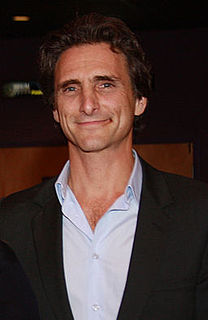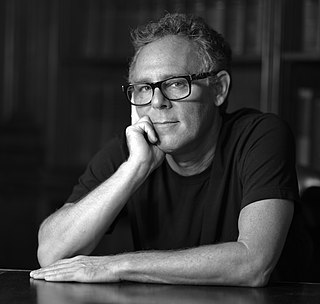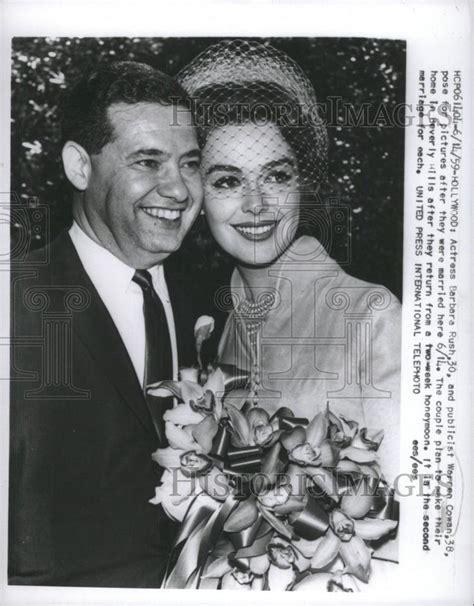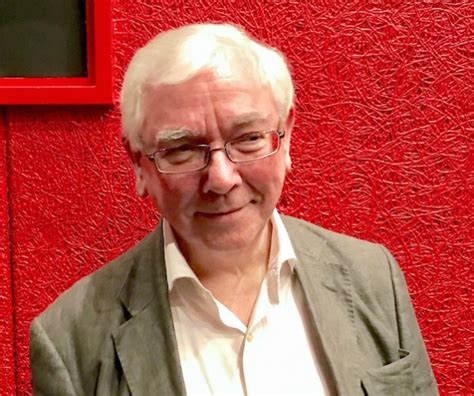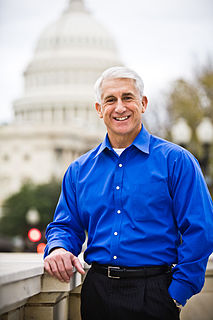A Quote by Lawrence Bender
I had one of those light bulb 'a ha' moments while screening 'Good Will Hunting' in Camp David in 1998 - Madeleine Albright and the Clintons were there, and I just became really inspired by all of these amazing people. I left the screening asking myself what I could do.
Related Quotes
We do know that a percentage of LGBT people avoid and delay screening and care because of fear about or experience of stigma, discrimination or simply lack of knowledge about LGBT people and their health amongst providers. If you avoid or delay screening and care and you have an issue that may be precancerous, by the time you get into screening and care you’re there because it has become acute and you already have a progressed disease.
I never think anyone will like what I do. I'm always terrified the critics won't like my film and of course you always count the people who leave at the screening. They are on your death list. The people who stayed, stayed because they wanted to. You see it in a different way with an audience. And when the screening Is over it's such a relief. It's such a struggle.
